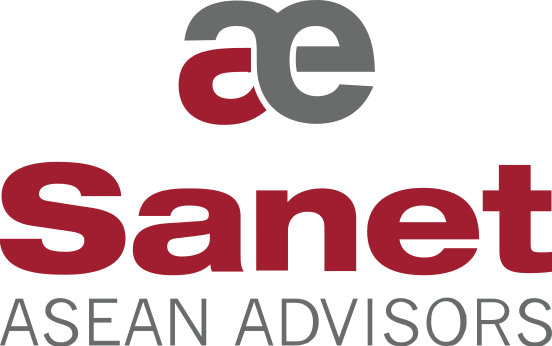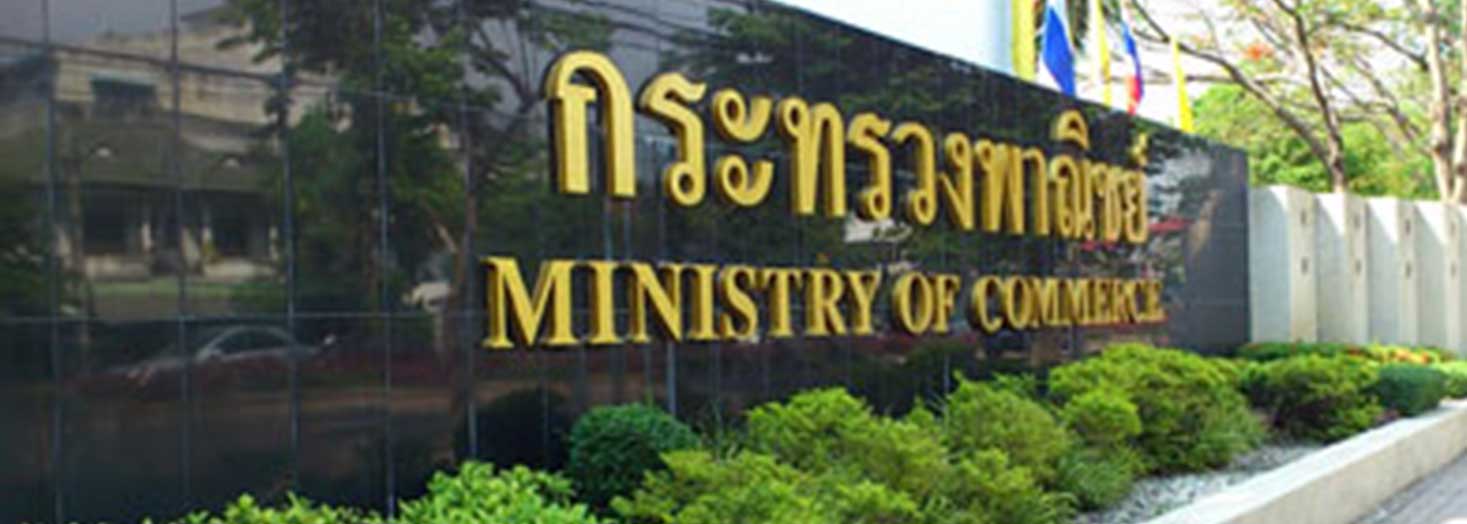The initial situation:
Rep. Offices: sneaky transition to illegal sales activities
“Can we assume that no one is going to come after our Rep. Offices sales activities as many others are doing it too?”
A Northern European company produces machines and equipment used in automation systems. They are already turning profits on their exports to Thailand, but now they are hoping to establish a direct presence in the Thai market. A legal office in Bangkok recommends they set up a representative office to get them started. The company opens a rep office, hires an office manager and puts together a small team of Thai employees.
This proves to be the right decision only shortly after, because they then make substantial profits as a modern industrial corporation in Thailand. In just two years’ time, they gain well over a million Euro in profits for the parent company in Europe. The rep office presented the products, provided instruction and usage information, advised production and placed direct orders with the head company in Europe.
Although aware that, by having these services and operations carried out by their rep offices, they are no longer entirely on solid legal ground, they assume that no one is going to come after them, because everyone else is doing it, too, and they figure no one else would be willing to say goodbye to such lucrative options, either.
Surprise visit from the authorities: an inquiry from a competitor
The company’s sales successes naturally attracted the interest of the competition. A Thai company found out that the growing business of their competitor was represented solely by a rep office and did not hesitate to notify the authorities, who then paid the rep office a visit. They say they want to know more about the operations. They asked if it were true that the company had presented their prices to Client X and even negotiated about the proper components with Client Y.
The rep office manager was able to reassure the officials by attributing any potential errors to the work of a former employee. Nevertheless, it was clear the company was now on their radar.
The challenge
Blissful ignorance is no longer an option
The punishment for violating the ban on the provision of sales and other services for rep offices in Thailand is not limited to the revocation of the company’s business license and deportation of the office manager within 48 hours. If the rep office is determined to be a (prohibited) operation site for the parent company, then all export profits to Thailand become liable for taxation. An absolute nightmare for HQ‘s financial department.
Thus, the company needed to find a legal structure for their successful, albeit prohibited sales operation as quickly as possible. Under these circumstances, they decided to turn to the Sanet Group for assistance.
The Process
Defining the necessary operations for an adapted legal structure
“When searching for the optimal solution, it is important to ask the right questions. This requires not only sufficient legal knowledge but also solid understanding of business.“
There are many expensive, complicated and quasi-legal companies set up for foreign sales endeavors in Thailand, but there also efficient and legally safe solutions as well. When searching for the optimal solution, it is important to ask the right questions. This requires not only sufficient legal knowledge but also a solid understanding of business.
This is why Sanet management consultants worked hand-in-hand with Senat Legal Ltd., the group’s legal firm, since the very beginning of this job.
It was critical that we ask our client the right questions:
What are the characteristics of each product sold and which branches do they target? Are technical consulting, inventory management or replacement parts needed for the sales operation? Do they want to purchase additional products in country for potential further processing or even trading? Are there plans for export or drop shipments to other countries? Where exactly will the products be produced and finally, will they sell to the processing industry directly, or more likely to system integrators or distributors?
The answers to these questions determine which legal forms can be considered as well as which costs and conditions will apply for the legal sales operation.
Next, all legal possibilities were examined to determine which option was most suitable for the desired operations. The financial and organizational conditions associated with each option were also presented.
It was then agreed upon to establish a company limited, which is comparable with the German GmbH. It was chosen because it was most in line with their demands:
- Repeal of the sales ban by capitalizing the company limited
- Joint venture with 51 % Thai shareholder majority
- Application for a foreign business license
- Foreign business certificate as a trade and investment service office (TISO)
- Cross shareholding structure
- Business Unit with a Thai sales service provider
- International trade center (ITC) registered with the BOI
Furthermore, Sanet examined possible ways to option certain privileges such as land ownership rights, easier access to work permits for foreigners, etc.
The solution
A trade and investment service office (TISO) registered with the BOI
“The company was able to continue the growth of its sales operations with its operations being completely by the book. Worries about unannounced from the authorities or coveting competitors are now a thing of the past.”
After careful deliberation during a workshop with our client, Sanet sales experts and the legal experts from Sanet Legal Ltd., we decided to set up a trade and investment service office (TISO). The capital requirement of ca. 25,000 EUR was easily manageable, as were the minimum expenses set by the BOI for companies of that type.
After getting permission, service provision guarantees and sales support from the parent company and its associates, the company’s main operations in Thailand were then 100% legal. They were also allowed to import parts or purchase and trade additional parts in country. Sanet also provided practical solutions for the limitations placed on TISOs when it comes to the direct sale of stock goods to end users.
It took two weeks to set up the company, with the application process for TISO status taking about 8 weeks after the documents had been submitted. Sanet provided support in handling these documents as well as in devising a business plan with the proper parameters to ensure the application’s acceptance.
After the business certificate for the TISO had been issued, the chances that an application for the more comprehensive foreign business license would be approved increased. Practically all sales limitations were lifted once this license had been obtained.
Additionally, the company was officially granted the right to own property for the purposes of a service office. The rep office has been shut down, and the cancellation of its license is pending.
The company was able to continue the growth of its sales operations with its operations being completely by the book. Profits increased to more than 3 million EUR in the previous fiscal year. Worries about unannounced from the authorities or coveting competitors are now a thing of the past.

